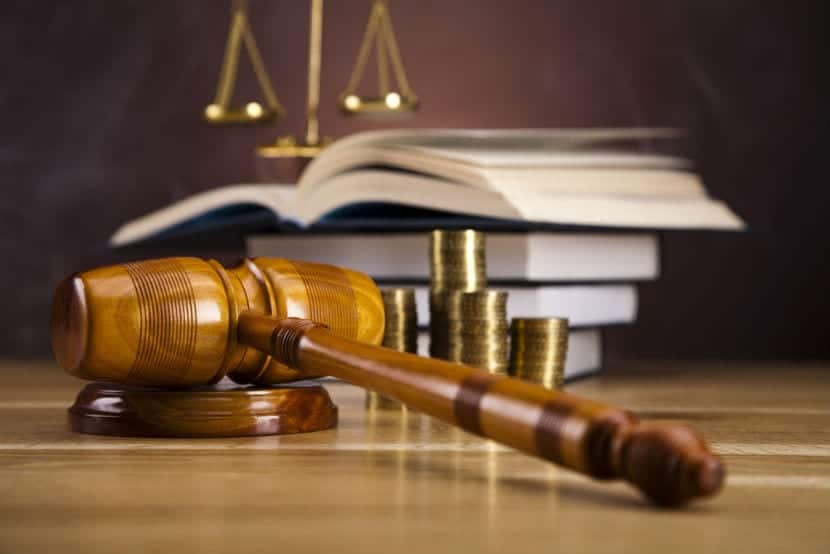
Last year Apple was defendant by the 'Wisconsin Alumni Research Foundation' (WARF), this was launched to protect the University of Wisconsin from intellectual property, including rights and patents.
That lawsuit was brought against Apple due to the belief that Apple uses university technology in its processors. A7, A8 and A8X, which were included in products dating back to the iPhone and iPad from 2013 and 2014. A jury in charge of the case against Apple, has reached a decision that we detail after you continue reading.

According to a recent ruling by US District Judge William Conley, who is presiding over the case, Apple could be liable for up to $ 862,4 million in damages.
For its part, Apple had argued that the patent that WARF believes Apple was infringing it was not valid, and therefore could not be infringed. The jury ruled otherwise, saying the patent was certainly valid. As for the patent in question, which was originally filed in 1998 and is titled, "Table based data speculation circuit for parallel processing computer", covers a method to improve the efficiency of processors.
While this is an important decision, actually there are two more stages until the verdict is rendered. Now that the jury has found Apple guilty of infringing the patent, the next phase of the test will focus on what Apple should pay for damage caused. In addition, the jury will have the task of determining whether Apple intentionally infringed the patent. If they decide Apple did it, the money to pay could go up a bit.